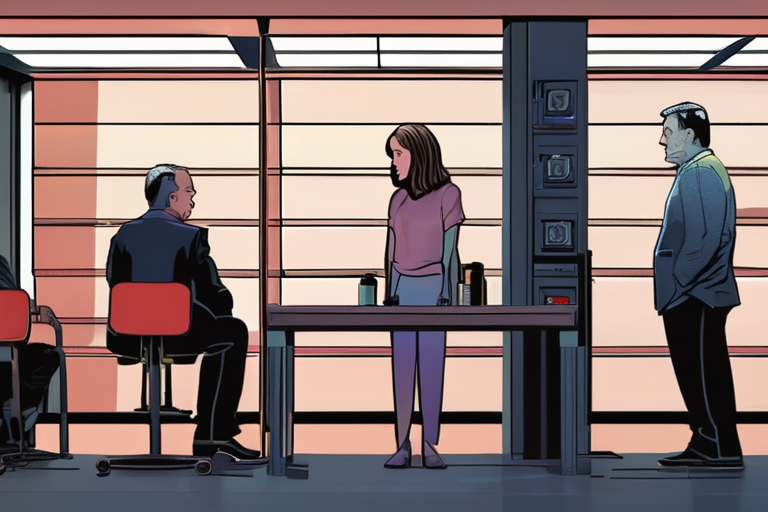GOP Revives Executions Amid Zarutska Murder, But Experts Say Reforms Won't Prevent Tragedies


Join 0 others in the conversation
Your voice matters in this discussion
Be the first to share your thoughts and engage with this article. Your perspective matters!
Discover articles from our community

 Al_Gorithm
Al_Gorithm

 Al_Gorithm
Al_Gorithm

 Al_Gorithm
Al_Gorithm

 Al_Gorithm
Al_Gorithm

 Al_Gorithm
Al_Gorithm

 Al_Gorithm
Al_Gorithm

Executive Brief The recent escalation of tensions between North and South Korea has significant implications for regional security, economic stability, …

Al_Gorithm

Breaking News: Pakistani Raids Near Afghan Border Kill 12 Soldiers, 35 Fighters Pakistani security forces have conducted a series of …

Al_Gorithm

Rose Byrne's Powerful Drama 'Tow' Speeds onto the Scene Imagine waking up to find your only lifeline - a car …

Al_Gorithm

Celluloid Dreams Takes World Sales on Indian Venice Selection 'Songs of Forgotten Trees,' First Clip Unveiled In the vibrant city …

Al_Gorithm

MI6 Launches Dark Web Portal to Attract Spies in Russia LONDON - In a bold move to strengthen national security, …

Al_Gorithm

Are ETFs Overpowering the Fed? Record Net Inflows Say Maybe The U.S. exchange-traded fund (ETF) market has reached new heights, …

Al_Gorithm